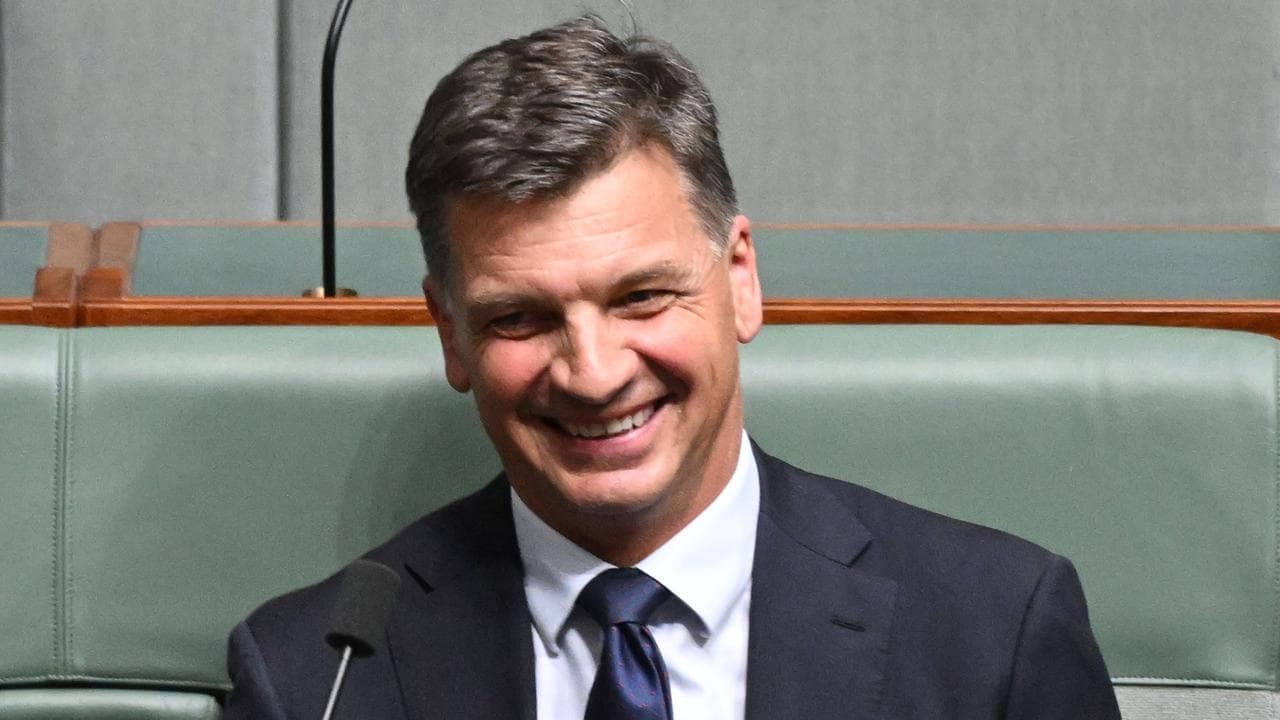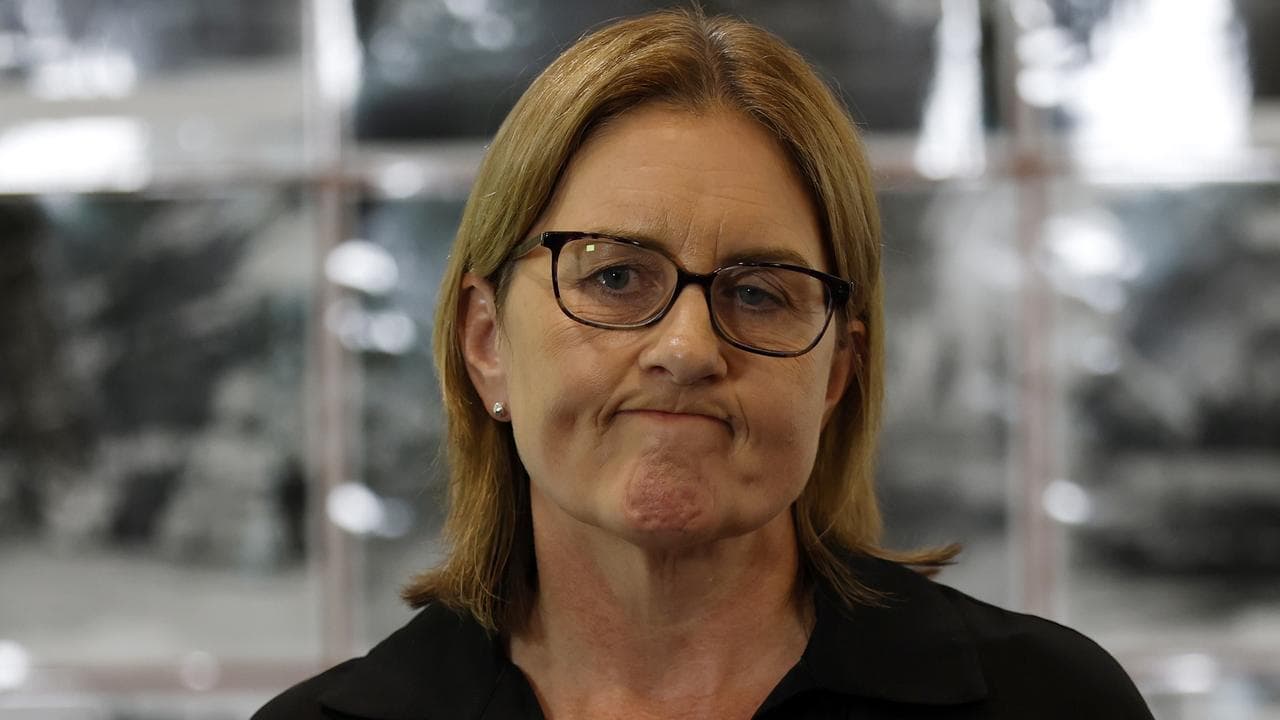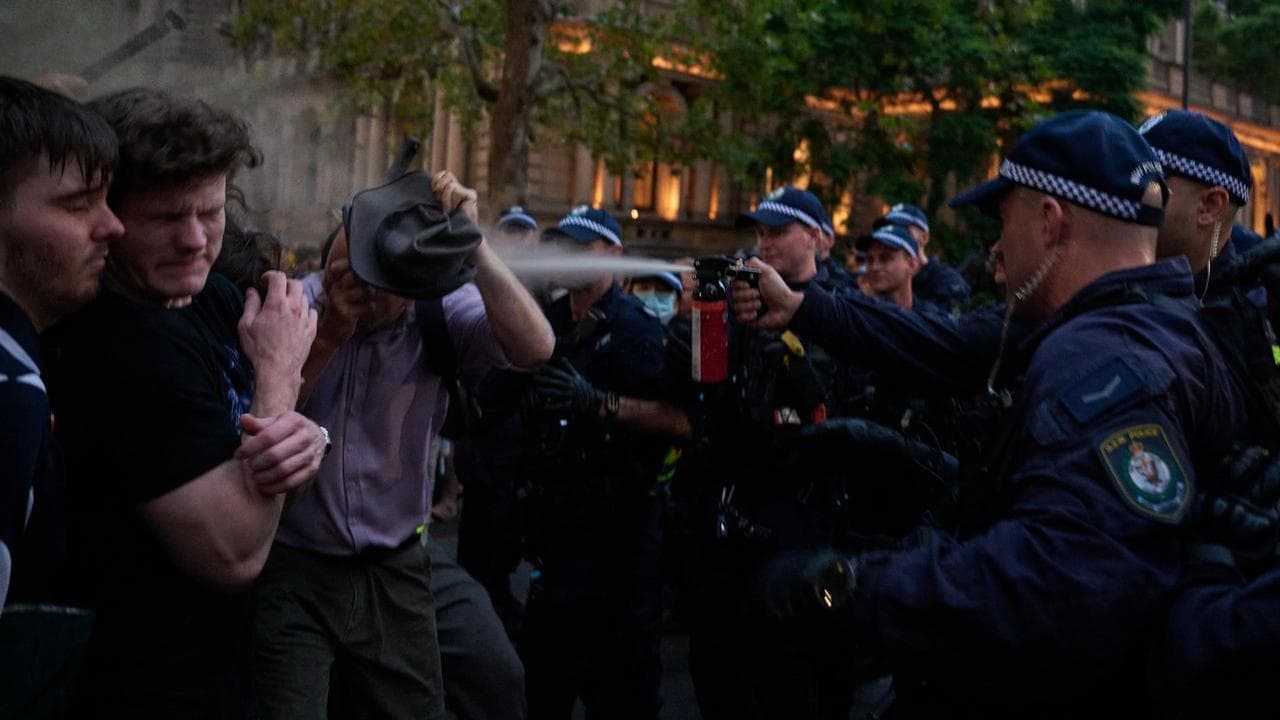WHAT WAS CLAIMED
The WHO's Pandemic Agreement removes national sovereignty.
OUR VERDICT
False. The agreement has no effect on a nation's sovereignty and laws.
AAP FACTCHECK - The Australian government has not granted the World Health Organization (WHO) control over the nation's public health decisions, despite claims on social media.
The false assertions are being shared online after WHO member nations adopted an agreement on pandemic preparedness and responses.
The Pandemic Agreement recommends approaches to potential future health emergencies and has no impact on national sovereignty, laws or decision making.

Negotiations began in December 2021, during the height of the COVID-19 pandemic.
Draft versions of the treaty were the subject of false claims, previously debunked by AAP FactCheck, including that it would give the WHO power to implement forced vaccinations and lockdowns.
Many of these claims have resurfaced online after the agreement was formally adopted at the 78th World Health Assembly on May 20, 2025, local time.
"Today, 124 nations signed away their sovereignty to the World Health Organization," one Facebook post reads.
"They passed what's called the 'Pandemic Accord' — a global agreement that gives the WHO the power to control national policy during any declared health emergency."

According to the post, the agreement means that when a pandemic is declared, the WHO can "override your country's laws", "force lockdowns … vaccine requirements", "shut down travel" and "demand biometric surveillance".
A different Facebook post's caption reads: "The Albanese government has signed over Australia's health sovereignty on global issues to the Bill Gates controlled WHO."
The text of the document has undergone various changes throughout the negotiation process, but the final version confirms nations retain sovereignty over all health decisions (page 28).

It sets out various principles and approaches for improving pandemic prevention, preparedness and responses, including access to vaccines and treatments, information sharing, disease monitoring, investment in research and public health communication.
Lawrence Gostin, an expert in global health at Georgetown University who was involved in drafting the treaty, said there's no truth to the claims.
"It is a malicious fiction that keeps coming back," he told AAP FactCheck.
"The Pandemic Agreement itself specifically states that all countries maintain their sovereignty.
"There are no powers given to WHO whatsoever to dictate national health policies, including vaccine mandates, school closures or lockdowns," Professor Gostin explained.

Michael Head, a senior research fellow in global health at Southampton University, agreed.
"The agreement does not compel any country to force lockdowns, vaccinations, or anything else."
Dr Head explained the document is underpinned by the International Health Regulations, a framework for responding to public health emergencies.
These are implemented by global cooperation, not by the force of law, he said.
"The WHO provides expert guidance on a range of health topics, and this agreement is essentially 'more of the same'.
"No national sovereignty is being overruled here."
Foreign Minister Penny Wong confirmed on May 21, 2025, Australia was one of 124 countries that voted in favour, while 11 abstained and none voted against.
Despite the resolution on the agreement passing, countries are continuing to negotiate one remaining section regarding the pathogen access and benefit-sharing (PABS) mechanism, which deals with sharing access to biological material samples and data.
Once the process for the PABS system is finalised, countries can officially ratify the agreement and it will come into effect.
AAP FactCheck is an accredited member of the International Fact-Checking Network. To keep up with our latest fact checks, follow us on Facebook, Instagram, Threads, X, BlueSky, TikTok and YouTube.












